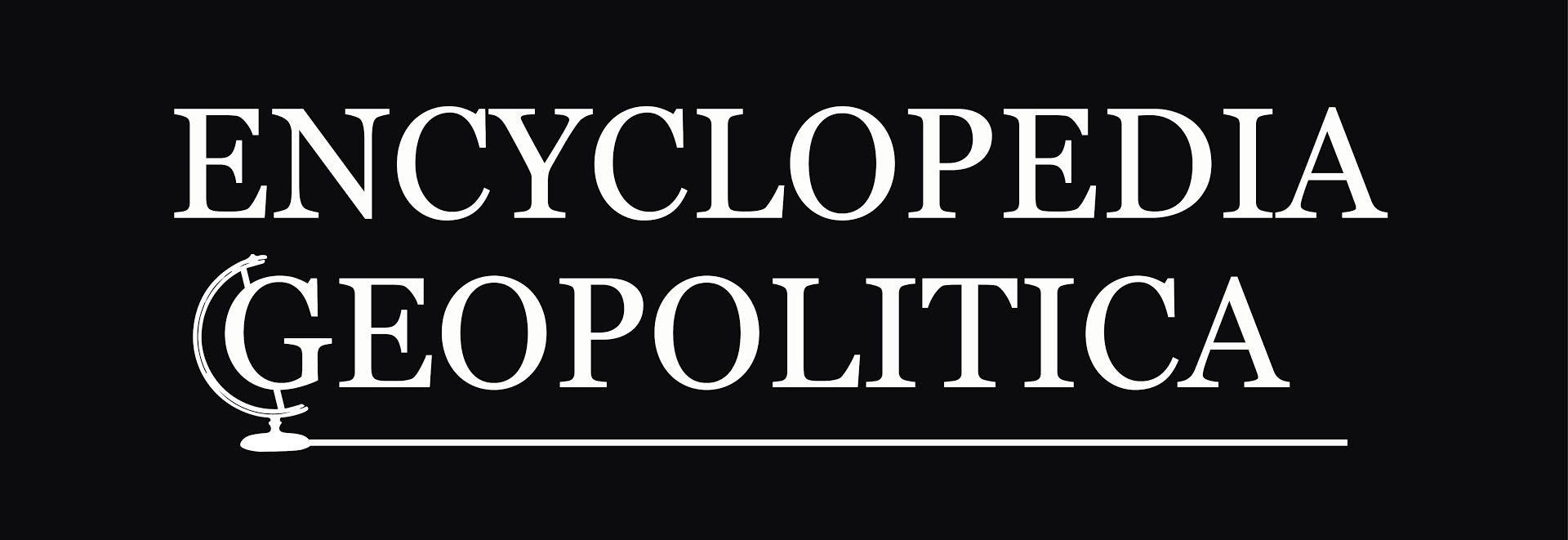In this piece, Lewis Sage-Passant reviews the edited volume, “Power Up: Leadership, Character, and Conflict Beyond the Superhero Multiverse“; a collection of essays on geopolitics, warfighting, leadership, and organisational challenges set against the backdrop of science fiction and superheroes. A lighthearted theme with a serious message, this book is an excellent and entertaining read for International Relations, Geopolitics, and Security readers.
Further book recommendations can be found in our 2024 Geopolitical Reading List.
“Power Up” is a rare gem in the International Relations literature; both entertaining and enlightening, humorous and horrifying, thoughtful and…thoroughly deconstructive of many of our favourite films and TV shows! In this collection of essays, edited by Steven Leonard, Jonathan Klug, Kelsey Cipolla, and Jon Niccum, scholars from across the fields of International Relations, Geopolitics, Security Studies, and military leadership examine various aspects of the superhero “multiverse”, and apply its lessons to the real world.
Kayla Hodges opens the book by examining Vought International from the TV show “The Boys”; a caricature of the very worst aspects of the modern international corporation which happens to manage the public relations and media affairs of a grittier version of Marvel’s “Avengers”. Hodges explores the interplay of ethics and power, asking what happens when public perception becomes more important than reality, offering valuable lessons in a disinformation-charged world. In other chapters, General Mick Ryan – who recently opened the latest series of our “How to get on a Watchlist” podcast – looks at reluctant leaders through the “Suicide Squad” universe; those who possess leadership talent in crisis situations, but who often lack the confidence to step up voluntarily. Cory Hollon examines the role of mission command – a topic that we have examined in relation to intelligence failure – in the “Avengers” universe, exploring how Captain America demonstrates it in action. Heather Gregg analyses how resistance movements are built through the lens of the “Hunger Games” world. Eric Muirhead shares lessons from “Superman” about transformational leadership, while Theresa Hitchens asks, “Could the Sokovia Accords save the (real) world?” with regards to nuclear weapons treaties. In a particularly entertaining chapter, Joshua Huminski compares the secret society “Hydra” to the Russian intelligence services, and argues that the GRU, FSB and others will likely regrow their many heads and learn from lessons in the war in Ukraine, and that the secret spy-versus-spy war will continue.
Overall, Power Up is a phenomenally entertaining-yet-informative read, and will be enjoyed by those looking to learn about leadership, organisational ethics, trust building in military and international relations, among many other important topics. Given the anchoring of the book in the world of superheroes, the most likely fans will be those with a preference for that genre, but the accessible writing style makes it a pleasant read for all. One of the most unique books I’ve reviewed for Encyclopedia Geopolitica, I thoroughly enjoyed this unique and fun collection!
“Power Up: Leadership, Character, and Conflict Beyond the Superhero Multiverse” is available from Casemate books, who generously provided Encyclopedia Geopolitica with a review copy.
Additional geopolitical reading suggestions can be found in our 2024 Geopolitical Reading List.
Purchases made using the links in this article earn referrals for Encyclopedia Geopolitica. As an independent publication, our writers are volunteers from within the professional geopolitical intelligence community, and referrals like this support future articles.
Lewis Sage-Passant is a researcher in the field of intelligence and espionage, and a former British Military Intelligence Officer. Lewis holds a PhD from Loughborough University in intelligence studies, and is an adjunct professor in intelligence at Sciences Po Paris. He has extensive experience working and living in the Middle East and Asia Pacific regions in a variety of geopolitical analysis and intelligence roles, supporting the energy industry, the financial sector, leading technology firms, and the pharmaceuticals sector. He has appeared in numerous media outlets, including the BBC, France24, CNBC, Harvard Business Review, The New Arab, El Mundo, GQ, and others, discussing intelligence, geopolitics, and security topics.

